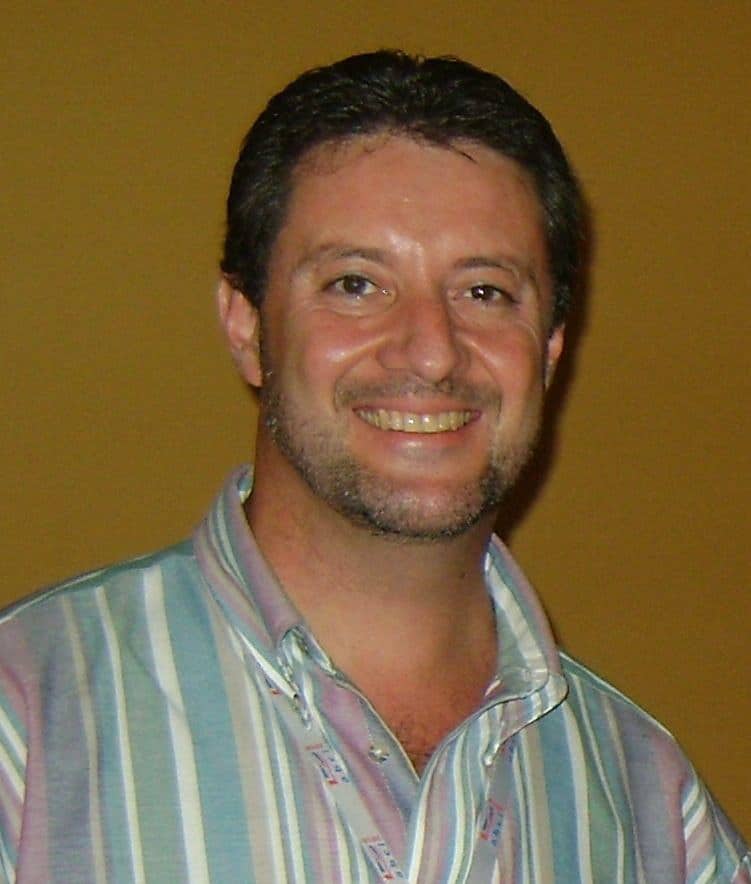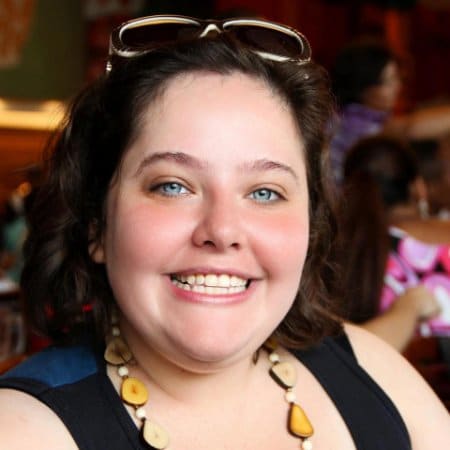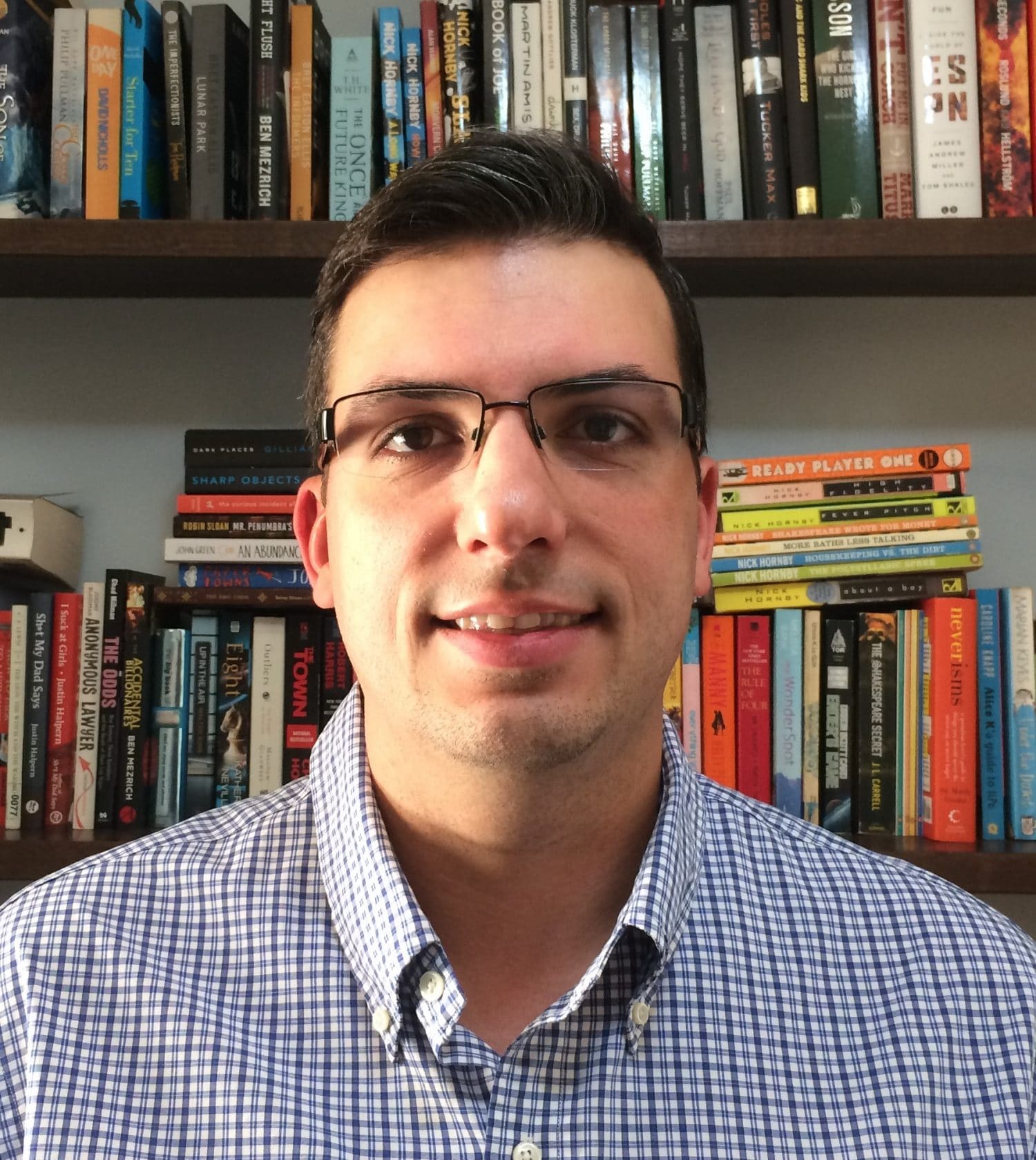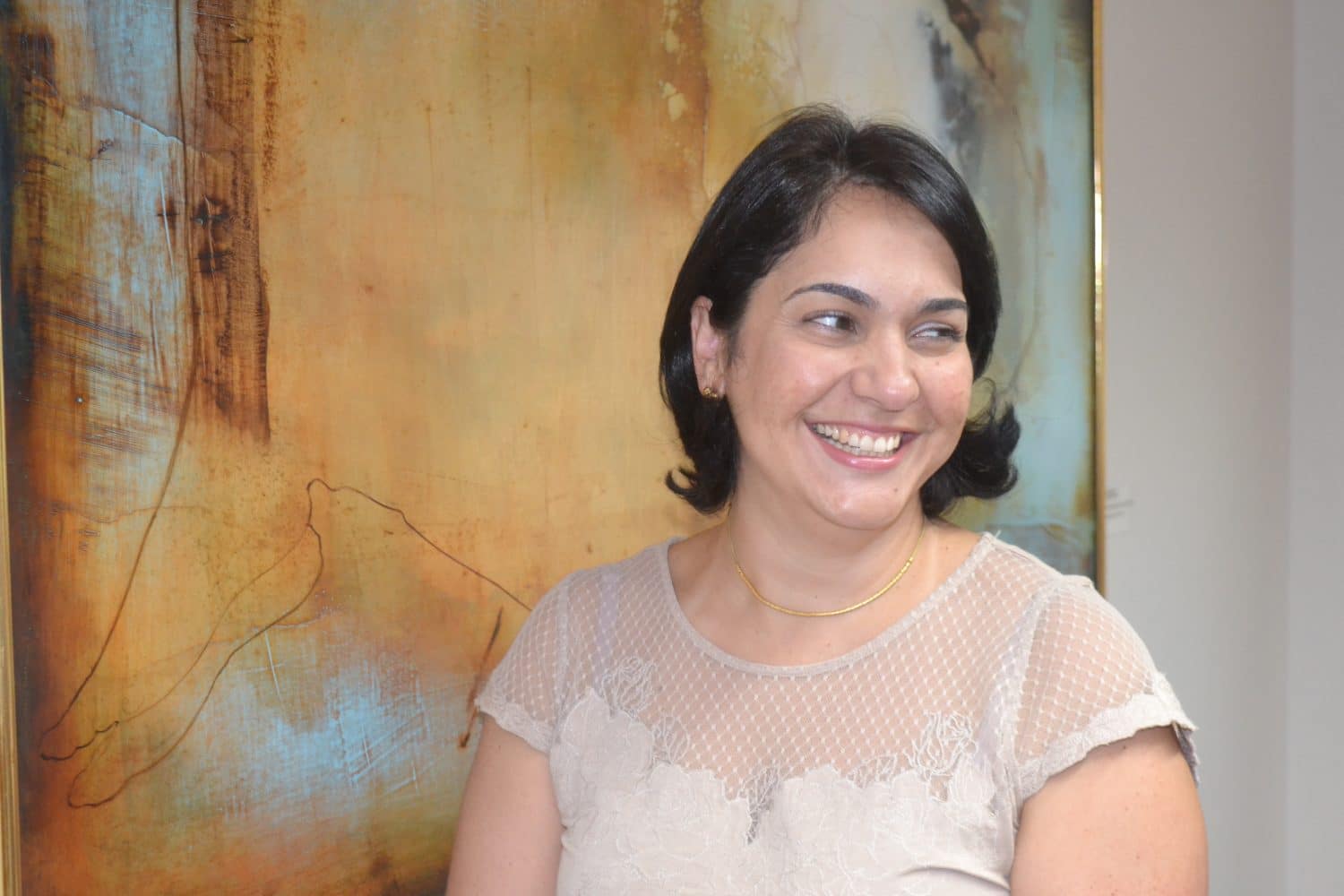Is Your English Fully Operational? – Accurate, Fluent and Fluid Speaking
Scarcella and Oxford (1992) mention that ‘a learner will basically need to develop competences in order to become proficient in an L2 – grammatical competence, socialinguistic competence, discourse competence and strategic competence.’ I bet that at the some point of your teaching career you have come across that student who wants to learn only to...Read More







